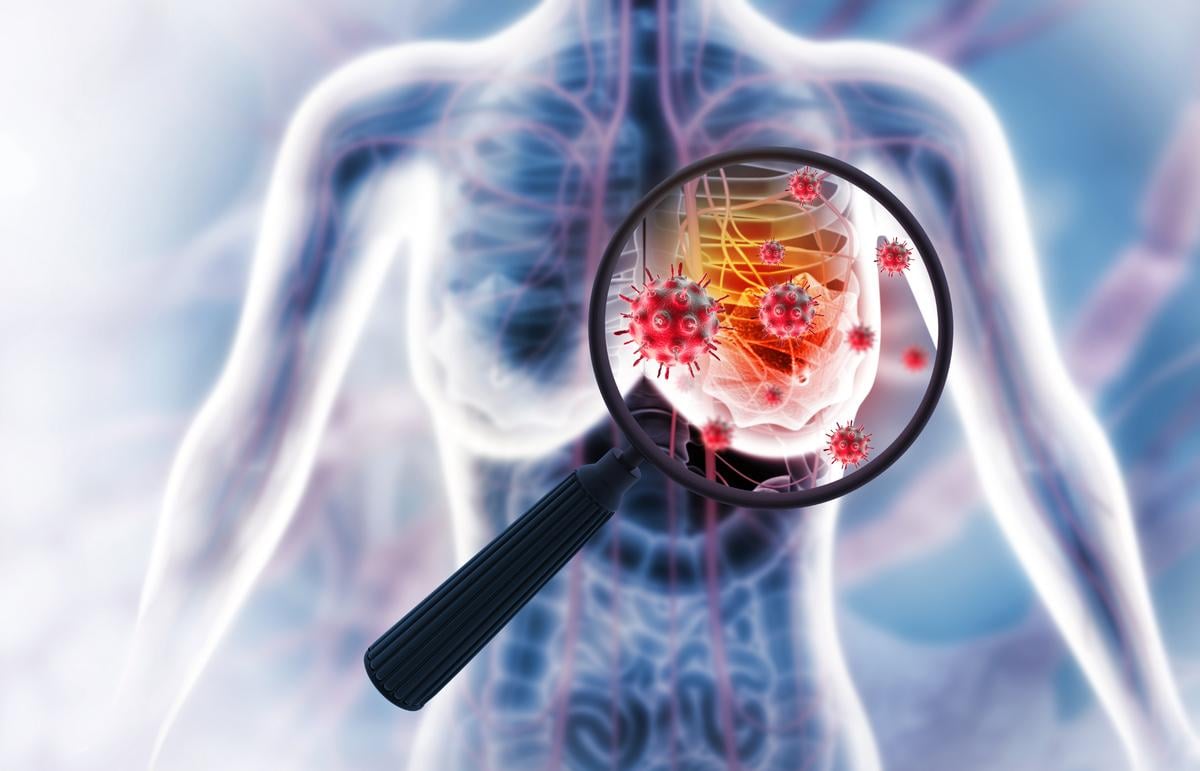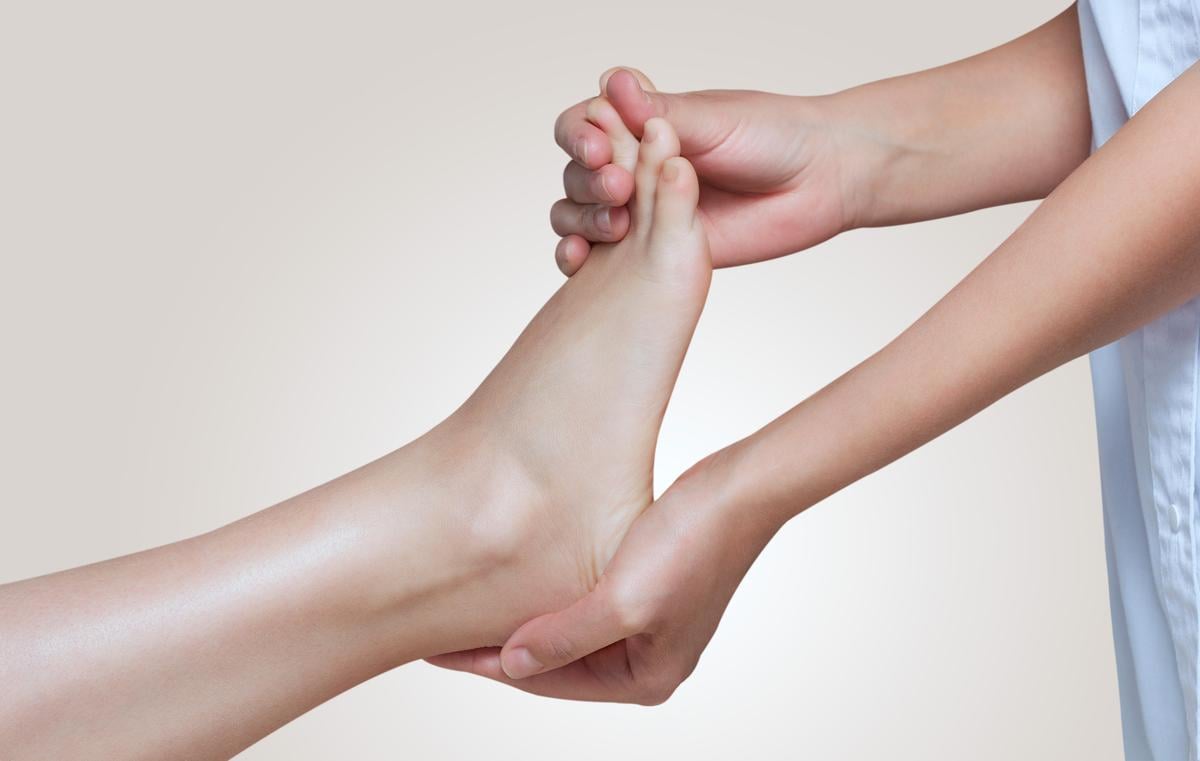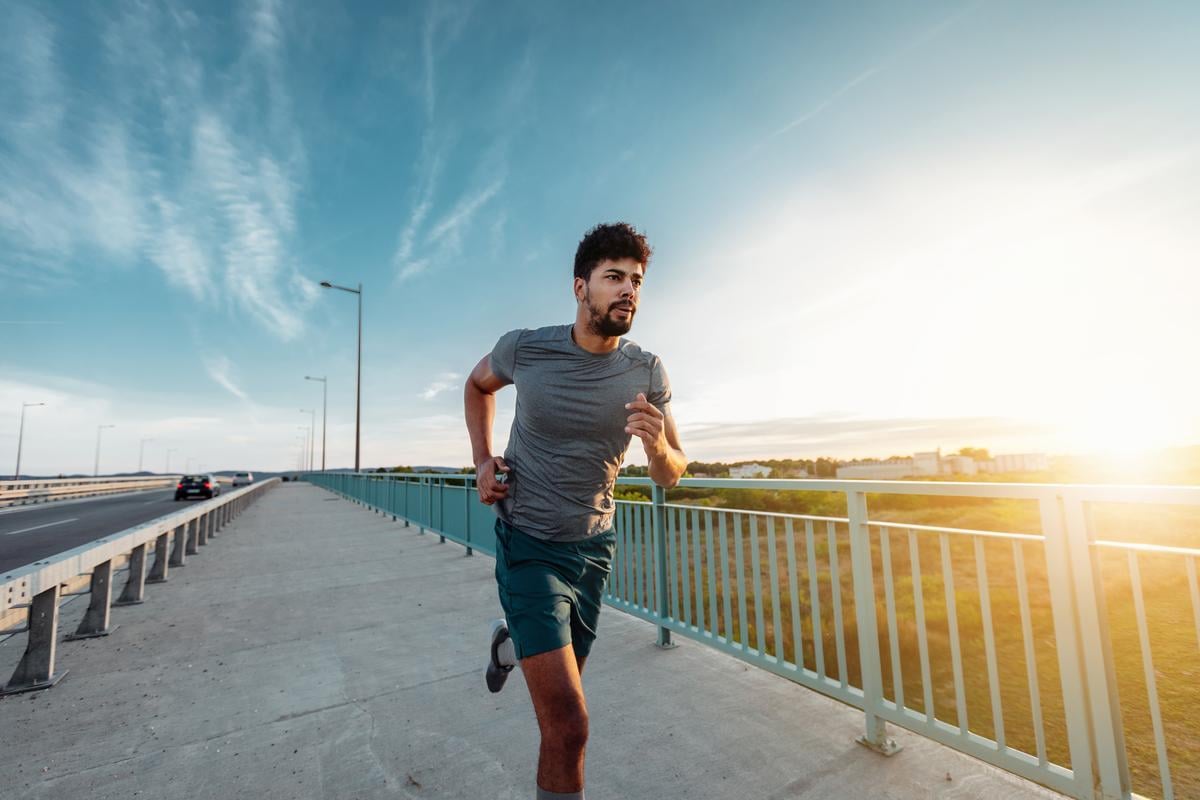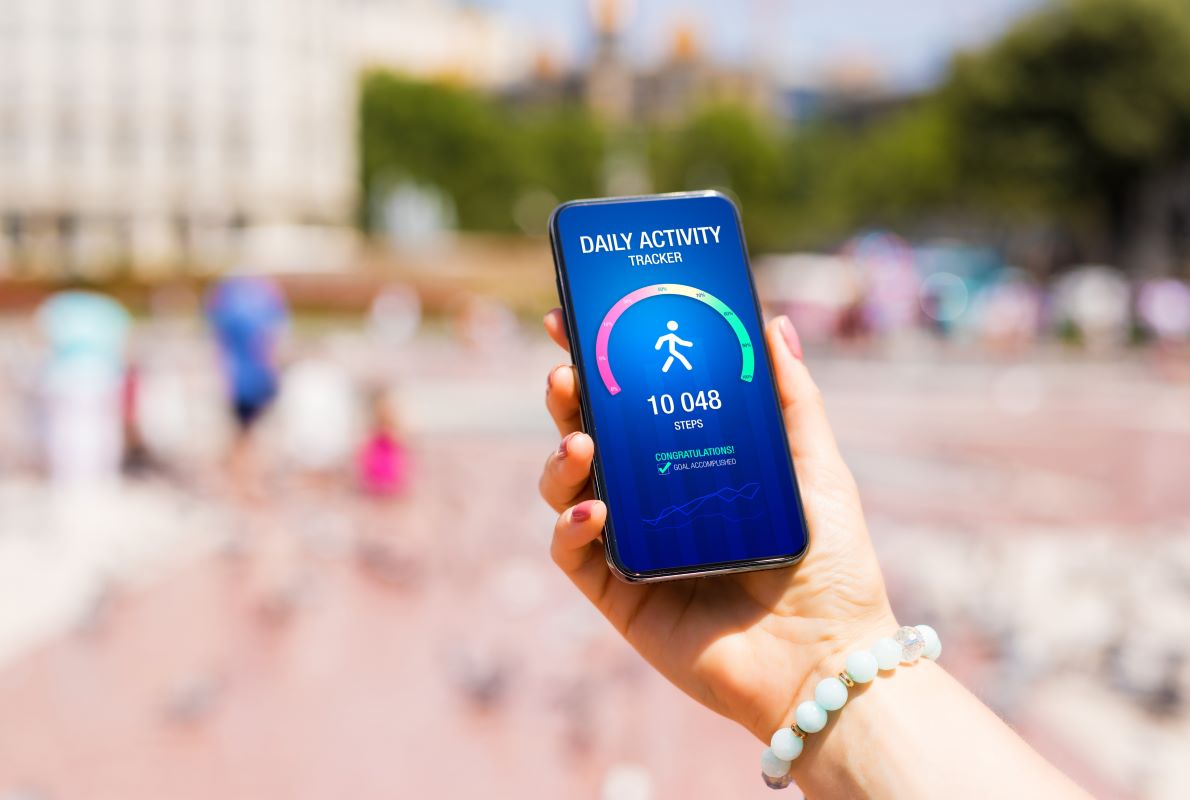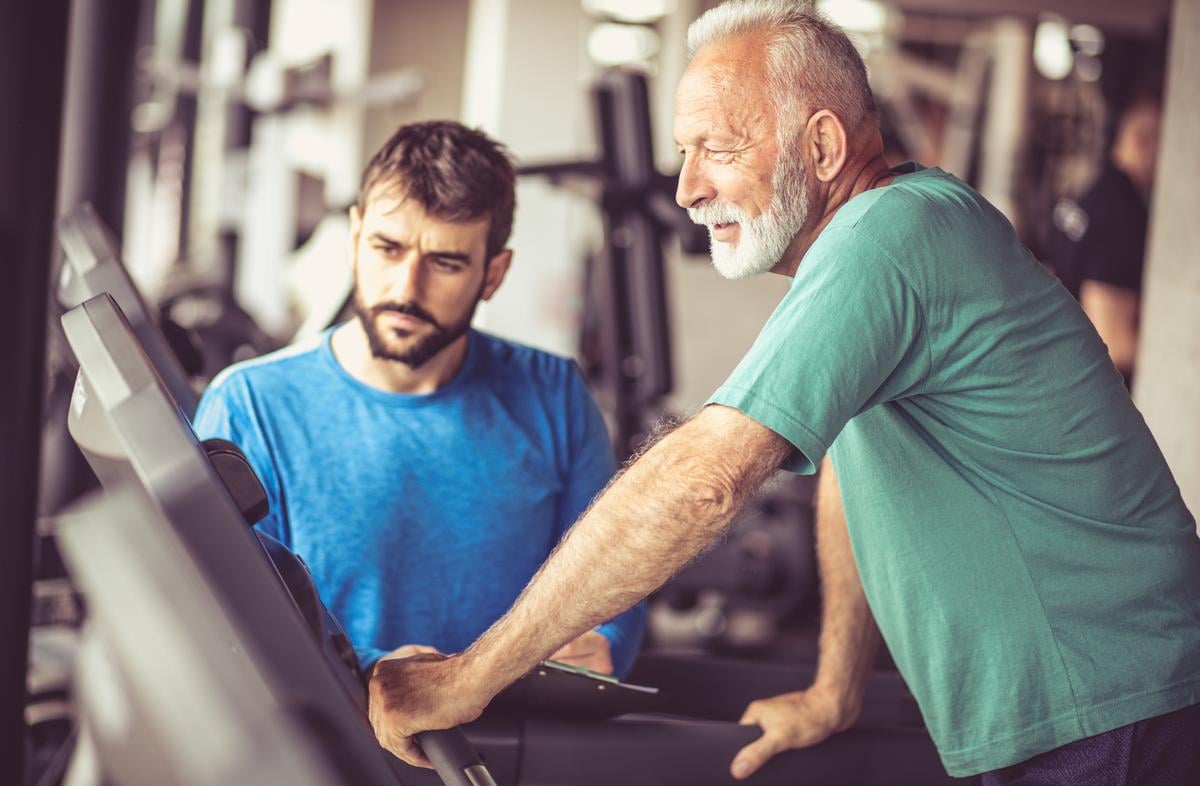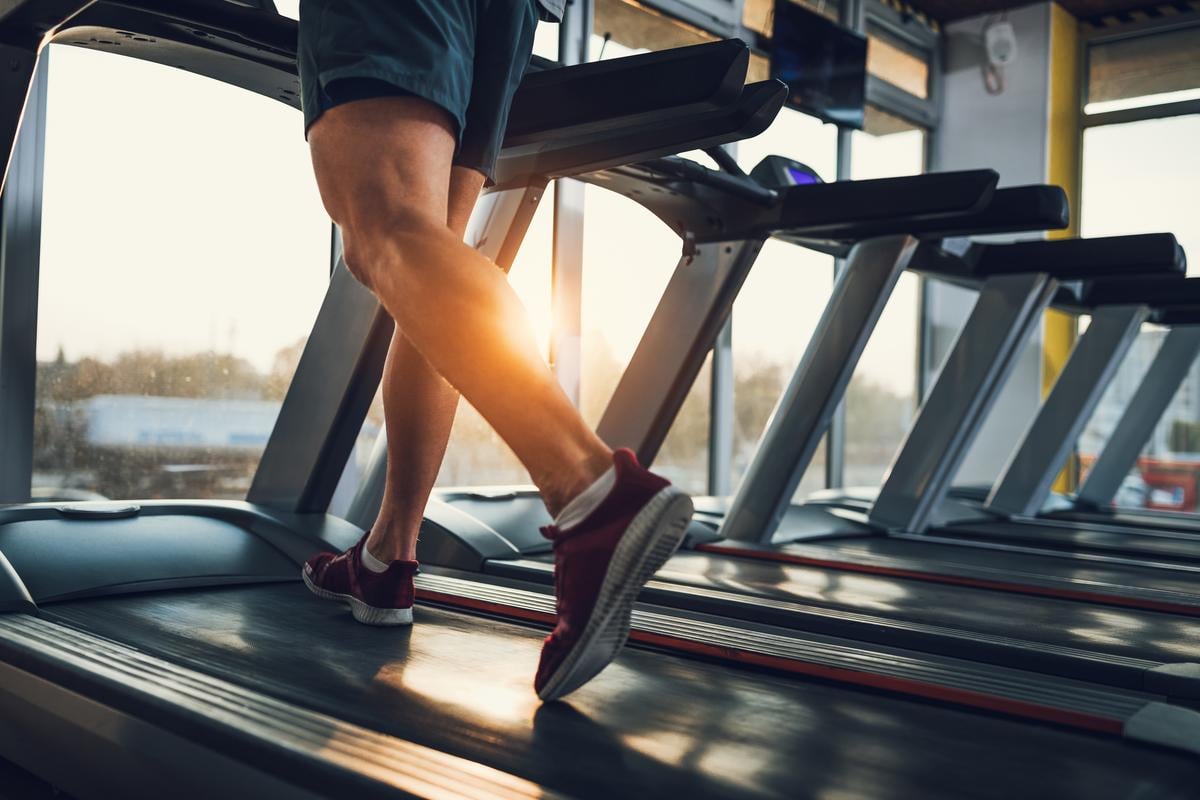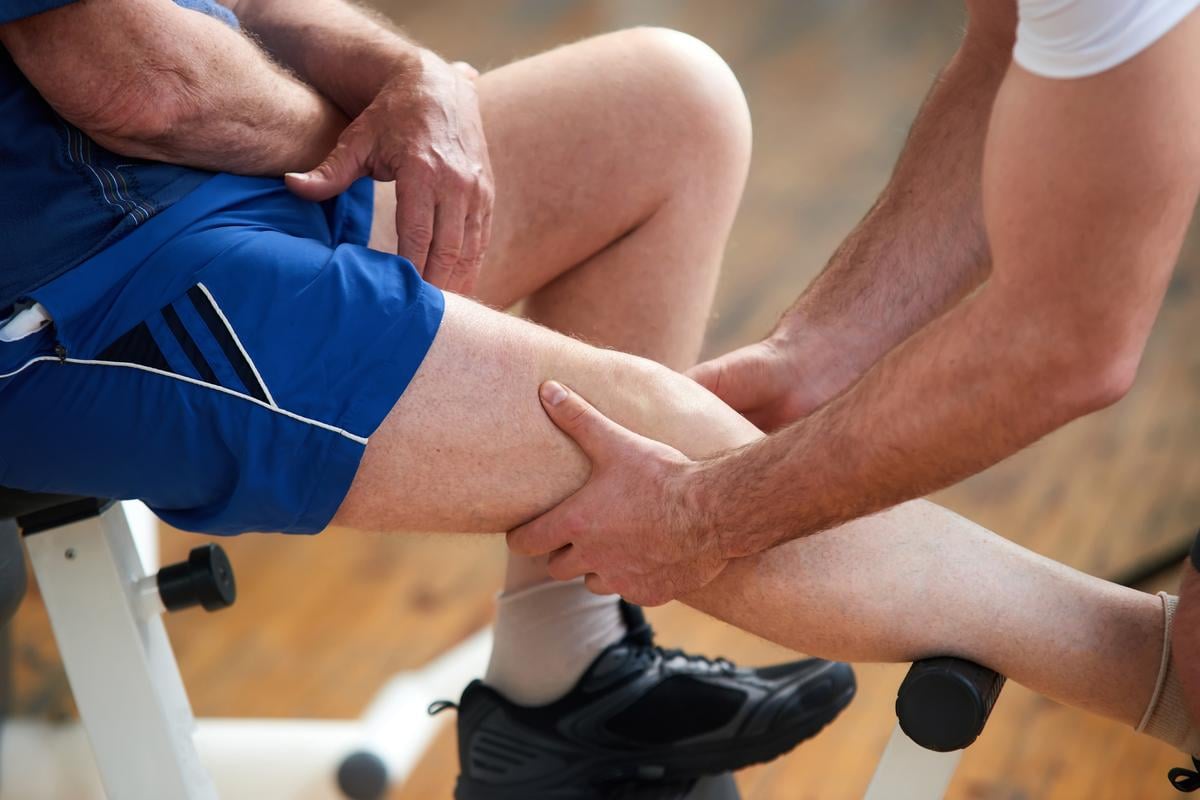
Movement is medicine, or so they tell people with knee osteoarthritis — but are they right? A recent evidence review calls into question just how helpful exercise can be for easing the pain of knee arthritis. “Exercise probably results in an improvement in pain, physical function, and quality of life in the short‐term,” concluded the… read on > read on >










